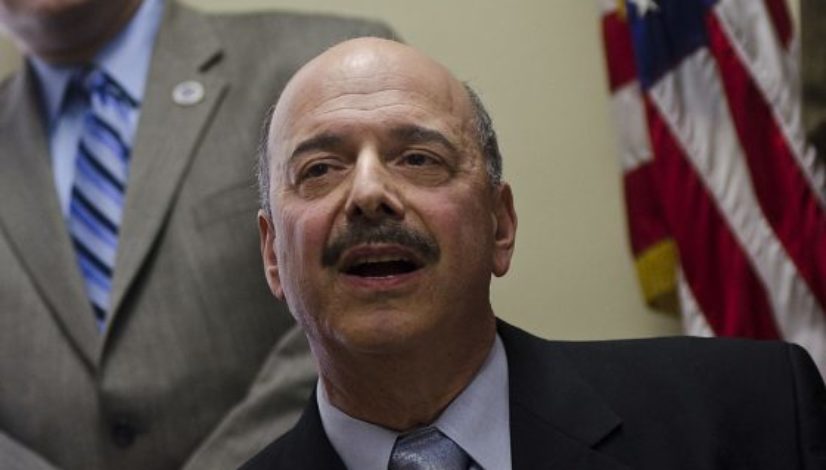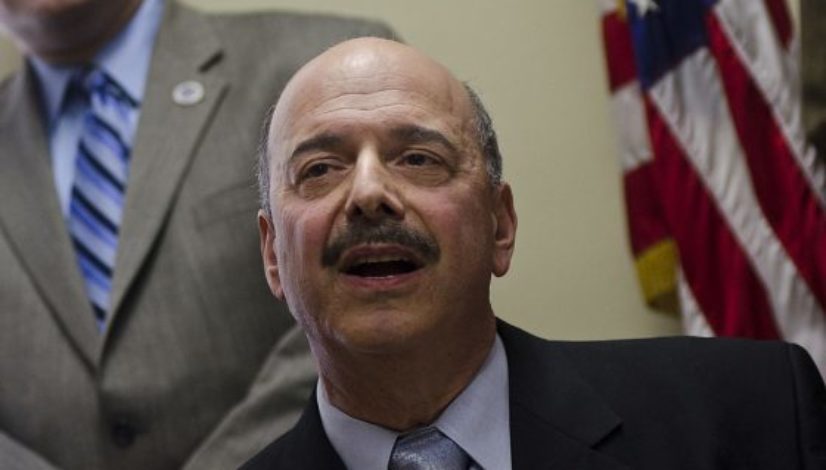Maryland lawmaker, chastised by ethics committee, apologizes for not revealing marijuana biz ties

Published: Mar 3, 2017, 7:43 am • Updated: Mar 3, 2017, 8:03 am
By Fenit Nirappil, The Washington Post
Del. Dan Morhaim improperly advocated changes to medical marijuana policies without publicly disclosing that he was a paid consultant to a prospective cannabis dispensary, according to a report by the ethics committee of the Maryland General Assembly obtained by The Washington Post.
The Joint Committee on Legislative Ethics found that Morhaim did not violate disclosure laws or intentionally use his perch as a lawmaker for his own financial benefit. But it concluded that Morhaim’s actions nevertheless were “improper” and contrary to the principles of state ethics law.
The lawmakers on the committee recommended that the House of Delegates pass a resolution disapproving of Morhaim’s actions and urged the 22-year delegate to publicly apologize.
Morhaim, D-Baltimore County, promptly did so, sending a letter to his colleagues in which he apologized for bringing the House and himself into “a negative light in the public media.”
Related stories
- Bringing in an outside lawyer is ‘very, very unusual.’ But that’s what’s happening in Maryland over MMJ drama
- Lawmaker scrutinized over Maryland medical marijuana ties removed from key panel
- Slow-moving Maryland medical marijuana program finally becoming a reality
- Lawmaker Dan Morhaim faces legislative inquiry over dual Maryland medical marijuana roles
- Something smells fishy in Maryland: The first players in the state’s medical pot industry have political ties
The Post first revealed Morhaim’s dual roles in July, prompting a months-long inquiry by the ethics panel, which hired outside counsel to assist in the effort.
The resulting report, submitted to House Speaker Michael Busch, D-Anne Arundel, on Thursday, says Morhaim “leveraged” his influence as a lawmaker to advocate policies that could have resulted in gains for himself.
It specifically noted how he pushed medical marijuana regulators to lift a cap on the number of licenses awarded to processing facilities while the company he was affiliated with was seeking such a license. That company, Doctor’s Orders, later said it did not support the proposed change.
“His belief that he could keep his role as a legislator advocating for the implementation of policy and regulations for the use of medical cannabis, separate from his position as a paid consultant for a company seeking to enter the medical cannabis business reflects poor judgment to the detriment of the broader interests of the public, and it has eroded the confidence and trust of the public and other governmental officials who work with legislators, bringing disrepute and dishonor to the General Assembly,” the report states.
Morhaim – an emergency room physician who led the effort to legalize medical cannabis long before being hired by the company – says his advocacy was motivated by a desire to make marijuana available to patients, not to enrich his company.
He wrote on disclosure forms in July 2015 that he “may” do cannabis consulting and that he had received income that year for unspecified consulting work.
Maryland law generally does not require lawmakers to name their consulting or legal clients on such forms, and Morhaim did not disclose his relationship as a consultant and prospective medical director for Doctor’s Orders.
The ethics committee’s report said the income he received from the company for work in 2015 was “substantial.”
Morhaim declined to answer questions from The Post about his business dealings in medical marijuana for months, until the news organization obtained a portion of the dispensary application by Doctor’s Orders that touted his involvement.
Morhaim later told The Post that Dea Daly, the General Assembly’s ethics adviser, had cleared his dual roles. But Daly told the ethics committee that Morhaim did not tell her that he was in contact with regulators from the Maryland Medical Cannabis Commission after being retained by Doctor’s Orders. Had she known, she told the committee, according to the report, she would have advised him to cease those communications.
“Delegate Morhaim’s failure to disclose and be transparent undermines the public’s confidence in an independent legislature,” the ethics committee report says.
In his letter to lawmakers, Morhaim said he made mistakes and “failed to appreciate public perception of these issues.”
“While I have consistently maintained – and do today – that I did nothing wrong and complied with all laws, that was not enough,” Morhaim wrote. “The harsh fact is that being technically right is not enough.” But Morhaim, who declined additional comment on the report, also said in his letter that he remains unsure about what he did wrong. “I am concerned about the fairness of a process that penalizes members who comply with the clear letter of the law, but who can be found to violate the ‘spirit’ of the law.”
Alex Hughes, chief of staff to Busch, said the House will consider the committee’s recommendation for a disapproval resolution Friday.
Morhaim says he has steered clear of legislation affecting the medical marijuana industry during the current legislative session. Busch has removed him from the House committee that considers bills affecting the health-care industry.
The ethics committee report says Morhaim plans to disassociate himself “when legally permissible” from Doctor’s Orders, which last year won preliminary approval from the commission to operate a dispensary.
A spokeswoman for Gov. Larry Hogan (R), who has proposed legislation to bar lawmakers from working on bills affecting their employers and to strip the legislature’s power to police ethical conflicts, said the proposed penalty does not go far enough.
“Sweeping these problems under the rug undermines public trust in our institutions of government,” Amelia Chassé said.
Fenit Nirappil covers politics and government in Maryland, Virginia and D.C. He previously covered the California statehouse and suburban government outside Portland, Ore. @FenitN
Topics: business, Dan Morhaim, ethics, Maryland, medical marijuana




